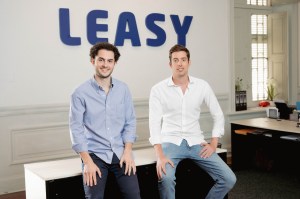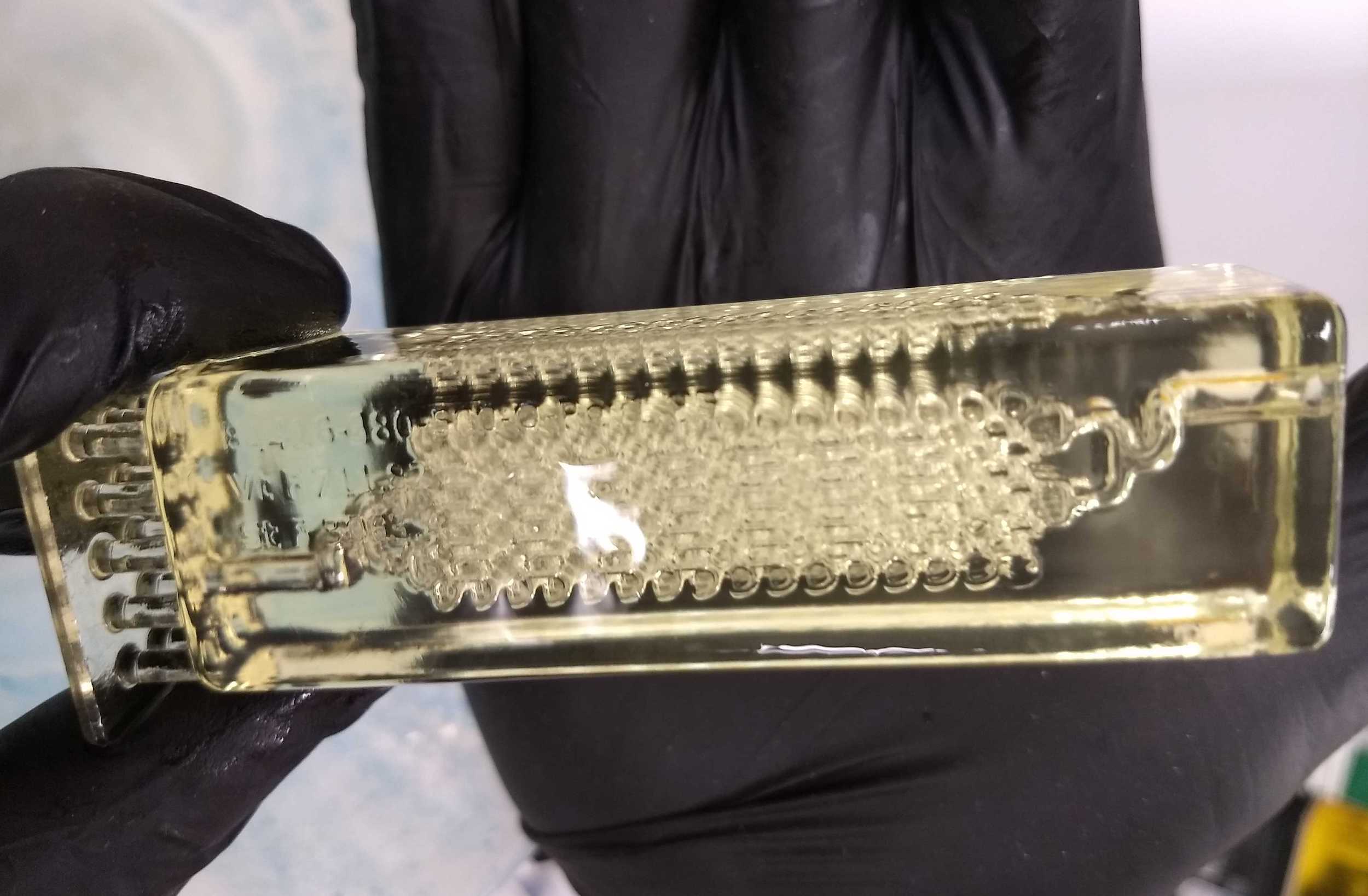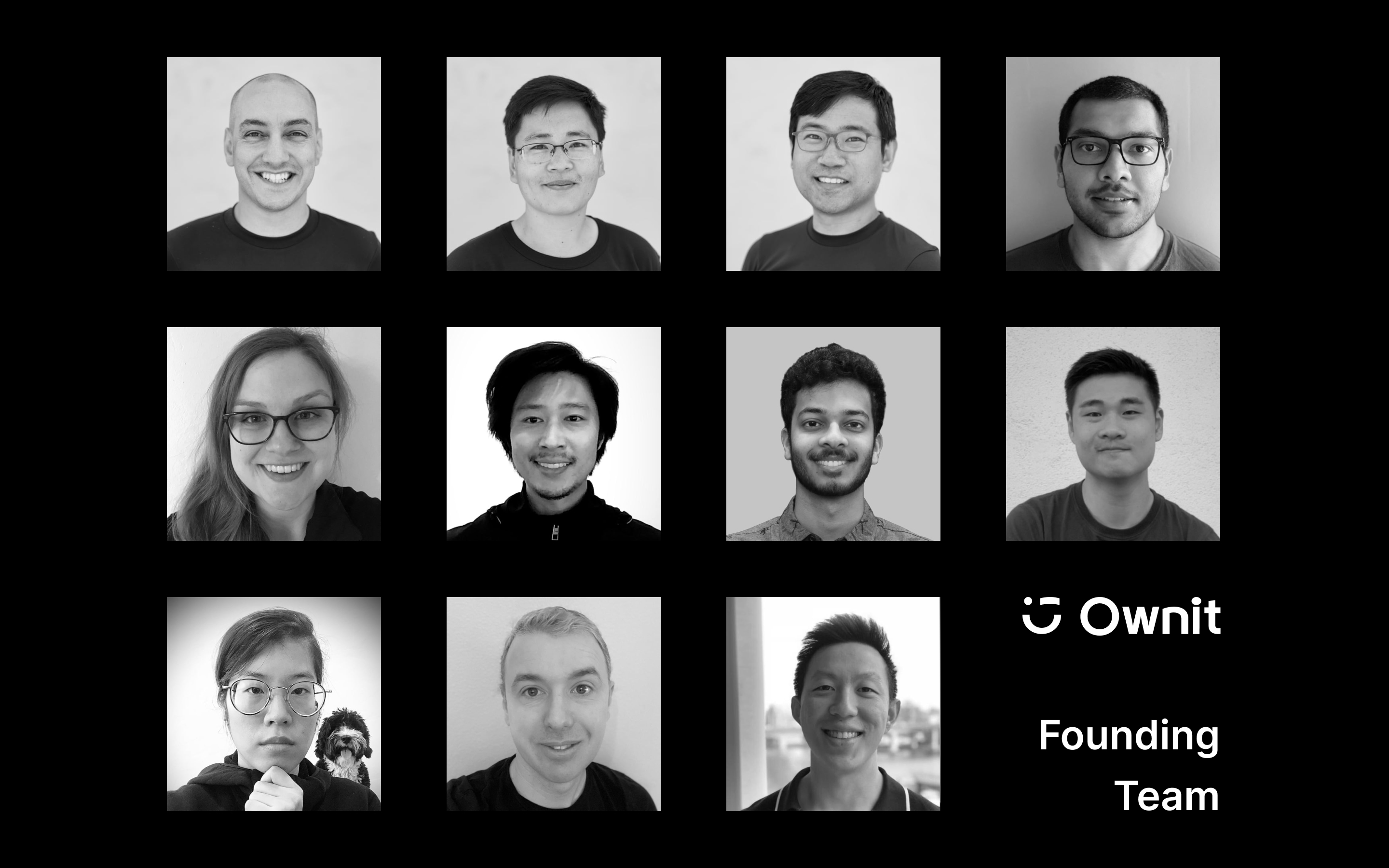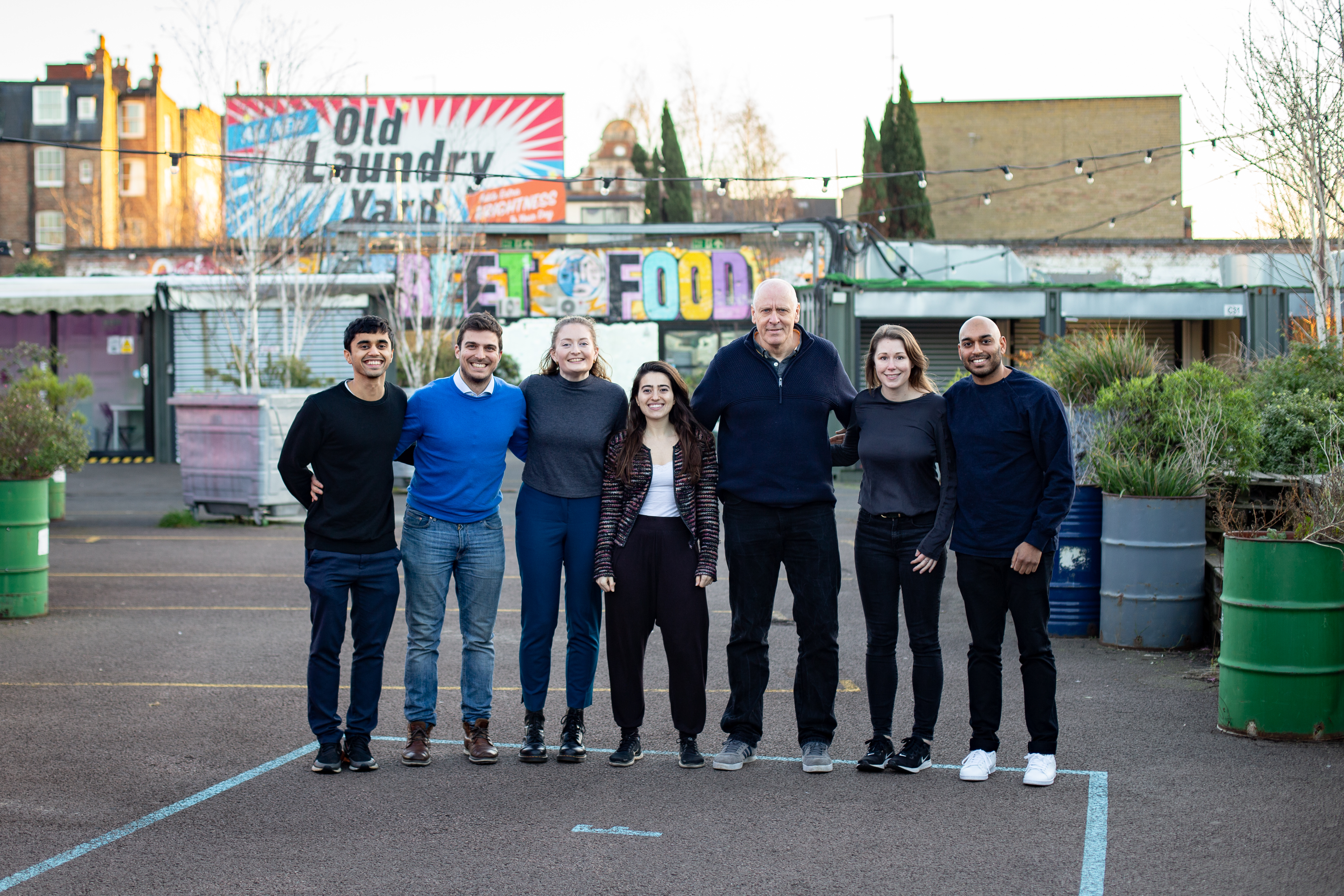Welcome to my new weekly fintech focused column. I’ll be publishing this every Sunday, so in between posts, be sure to listen to the Equity podcast and hear Alex Wilhelm, Natasha Mascarenhas and me riff on all things startups! And if you want to have this hit your inbox directly once it turns into a newsletter (soon!), sign up here.
It’s been really tough concentrating during the latter part of this week due to global events so forgive me if my tone is less upbeat than normal. My heart goes out to all of the people of Ukraine and our TechCrunch readers there.
This week, I wrote about a couple of instances in which fintech companies went horizontal with their approach. Pipe, which aims to be the “Nasdaq for revenue,” announced it was expanding into media and entertainment. And corporate spend startup Ramp told TC exclusively it is branching out in the travel space.
Truth be told, Pipe’s foray into media and entertainment was a bit of a surprise and it will be interesting to see if it proves to be a lucrative decision. The company seems confident that its model can apply to many verticals beyond SaaS, which is where it started.
Meanwhile, Ramp’s expansion into travel puts it into direct competition with TripActions, which did the reverse move when the pandemic hit but pivoting from helping companies manage travel expenses to corporate spend in general. You may recall that a few weeks back, I took a look at this increasingly crowded and competitive space. It’s clear that it’s only going to get more heated and you know I’ll be paying close attention.
Women in Fintech

Image Credits: Co-founders Gloria Lin and Joel Poloney / Bonnie Rae Mills Photography
It feels like we are seeing an increasing number of fintech startups led by females and I’m very much here for it. Last week I wrote about two startups that had female co-founders and CEOs and I was so impressed with them both. Gloria Lin’s background as Stripe’s first product management hire and being on the team that helped prototype ApplePay paved the way for her to eventually help start Siteline, a fintech aimed at helping commercial trade contractors get paid faster and easier. Her mission is also a personal one. Her father owned a trade contracting business while she was growing up and she saw firsthand the struggles he faced with having to wait months to get paid. Construction is the one of the least digitized industries out there. So it was good news to report that Siteline had emerged from stealth with $18.4 million in funding — $15 million of which was raised in a Series A led by Menlo Ventures and $3.4 million that was raised in a seed round led by Brick & Mortar Ventures and First Round Capital – to advance on its effort to “reimagine construction finance.” This is also at least the fourth construction tech company I’ve written about in the past year with a female co-founder. Love to see it!

Image Credits: Co-founder and CEO Lily Liu / Piñata
I also reported on a startup called Piñata, co-founded by Lily Liu, which wants to help renters get rewards for paying their rent on time and build their credit at the same time that just raised $13 million in Series A funding led by Wilshire Lane Capital toward that effort. I have written about other startups who want to help renters build a credit history (because really, how unfair is it that on-time rent payments have not been factored in historically?). Piñata says its differentiator in that it is free to renters. The company makes money from the property management companies and landlords that sign up for its service via a monthly subscription for a premium customizable program. It also generates revenue through brands and partners on the business development side of what it does via fees.
Still, we have a long way to go in seeing more equal gender representation when it comes to leadership roles in fintech. In 2020, Deloitte reported that “in the world of startups, the global fintech founder community was still dominated by men, with women making up just 7% of the total pool.”
Funding across the globe
Africa
MarketForce, a retail B2B and end-to-end distribution platform founded in Kenya, raised $40 million in Series A funding for its merchant inventory financing and expansion across Africa. MarketForce, which was launched in Uganda, Tanzania and Rwanda last year after growing beyond Kenya and Nigeria, plans to introduce buy now, pay later (BNPL) options to help merchants access fast moving consumer goods (FMCGs) on credit. It also plans to enter additional markets in East and West Africa, reported Annie Njanja.
Asia
India’s Niyo raised $100 million in a new financing round as the consumer-facing neobank platform looks to add lending and insurance to its offerings and make deeper inroads in the world’s second largest internet market. Accel and Lightrock India co-led the Bengaluru-headquartered startup’s Series C financing round, reports Manish Singh, our man on the ground in the country.
Philippines-based fintech PayMongo, which enables merchants to accept digital payments, raised $31 million in Series B funding with an eye on regional expansion. Investors include Justin Mateen’s JAM Fund, ICCP-SBI Venture Partners and Lisa Gokongwei’s Kaya Founders, along with returning investors Global Founders Capital and SOMA Capital, writes Catherine Shu.
Europe
HUBUC, which touts itself as “AWS for financial services” raised a $10 million seed funding round co-led by WndrCo and Runa Capital. The startup emerged from Spain.
Latin America

Image Credits: Leasy
Leasy, a Peruvian startup that offers automobile financing to ride-hailing drivers in Latin America via a subscription model, secured $2 million in equity and $15 million in debt. I talked to the company’s founders, who actually hail from Italy and Spain originally, and they emphasized their goal with the startup is to help break the cycle of poverty for some of the unbanked in Latin America. Impressively, the company says it has been profitable since its first month of operation. They plan to use their new capital in part to expand to Mexico.
United States
Promise, which works with utilities and government agencies to provide flexibility in payments for people who can’t cover their whole water or electricity bill at once, has seen enormous growth over 2021 and raised a $25 million B round to keep accelerating, reports Devin Coldway. I love this concept.
Ember, a Salt Lake City-based proptech company, raised $17.4 million in a financing that was led by PayPal co-founder Peter Thiel. The startup’s mission is to develop Ember as “a streamlined technology platform for buying and owning luxury vacation property.”
Speaking of luxury vacation properties, Pacaso – which wants to give people a way to co-own a luxury home – announced last week that it generated nearly $300 million in full year 2021 revenue and that in its first year of operation, it sold about 400 units. In September, we reported that Pacaso – which was co-founded by former Zillow executives Austin Allison and (CEO and co-founder) Spencer Rascoff – had raised $125 million at a $1.5 billion valuation.
Down in Tampa, where it’s likely warmer than the freezing temps Austin has been seeing, a startup called Funnel Leasing announced a $36.5 million Series B. The property management software company called the round, which was led by RET Ventures, “preemptive.” Funnel started as an apartment marketing platform in 2010, but in 2018, began expanding its focus and today describes itself as a “full-stack platform for the entire apartment rental process.”
FeeX, a New York-based fintech that aims to help financial advisors “securely” manage their clients’ retirement accounts and other held away assets, announced last week that it had raised $80 million across three recent funding rounds led by Lightspeed Venture Partners.
Back on the West Coast, San Mateo-based Skipify, a “frictionless commerce” startup that lets merchants offer instant checkouts on their websites, apps and marketing channels, announced that it had received a strategic investment round from PayPal Ventures, Synchrony, Amex Ventures and Okta Ventures. While it did not disclose how much it raised, Skipify did say that this round, in addition to its recent Series A co-led by Flourish Ventures and Point72 Ventures, follows its “partnership with Google to enable shopping and interactive features inside the email channel.”
Signs of turbulence?
Not all news this past week was rosy.
Nu, the parent company of Nubank, reported its fourth-quarter financial performance, and in response to rapid revenue growth and improving economics, the company saw its value drop 9% in regular trading after falling sharply in recent sessions, reported Alex Wilhelm. As of mid-week, Nu was worth just $8 per share, and was officially underwater from its IPO price and down about a third from its all-time highs. In general, publicly traded fintech stocks have fallen by 40% since late October 2021, reports Forbes, with valuations taking a beating.
So, clearly, Nu’s not alone in its struggles. Digital bank Chime is reportedly planning to postpone its planned IPO until the second half of this year, according to Forbes.
Also this past week, VCCircle reported that OKCredit – a fintech backed by the likes of Tiger Global and Lightspeed – is said to have laid off around 40 employees, as the Bengaluru, India-based startup reportedly “struggles to monetize its business.”
How all this recent vulnerability will impact private fintechs remains to be seen, but one has to wonder if investors will move a bit more cautiously than they did last year when it felt like they were basically throwing money at companies in the space hoping to be backing the next big thing.
Still, more capital
Despite some recent bumps, the amount of capital out there for startups in the space continues to grow.
i80 Group, an investment firm that provides credit to growth and venture-backed companies, announced a multi-year fund commitment from ICONIQ Capital. It did not disclose the amount of the investment. Founded by former Goldman Sachs investment banker Marc Helwani in 2016, i80 told me last year that it had committed more than $1 billion to over 15 companies, including real estate marketplace Properly, finance app MoneyLion and SaaS financing company Capchase.

Image Credits: Wilshire Lane Capital Founder and Managing Partner Adam Demuyakor / LinkedIn
Wilshire Lane Capital, which invested in the aforementioned Pinata, announced it had received $40 million in LP commitments with the first close of its debut fund. The fund’s target size is $125 million. Founded by Adam Demuyakor, the firm’s latest fund is focused on investments in early-stage (i.e. predominantly Series Seed through Series B stages) proptech companies. A couple of very cool things about Wilshire Lane Capital besides its investment thesis is that a) it’s a Black-owned VC firm, which we simply need more of and b) more than 80% of its portfolio companies have a founding member or management team with at least one woman or underrepresented minority.
One-stop shops
Last but not least, personal finance company SoFi revealed it was acquiring banking-software maker Technisys SA in an all-stock deal worth $1.1 billion. Investors didn’t seem thrilled with the news, with the company’s stock dropping about 8% after the announcement after already dipping by more than 30% since the beginning of 2022. The acquisition appears to be symbolic of SoFi’s intent to transition from its original focus of refinancing student debt to more of a one-stop shop, my friend The Financial Revolutionist points out, who wonders if they are concerned that the company is biting off more than it can chew?
This kind of goes back to the point I made at the beginning of this column. More and more fintechs appear to be going horizontal. In some cases, it’s a risk worth taking. But not all. Only time will tell which companies will emerge the better for it.
Until next Sunday, take care and be safe.











